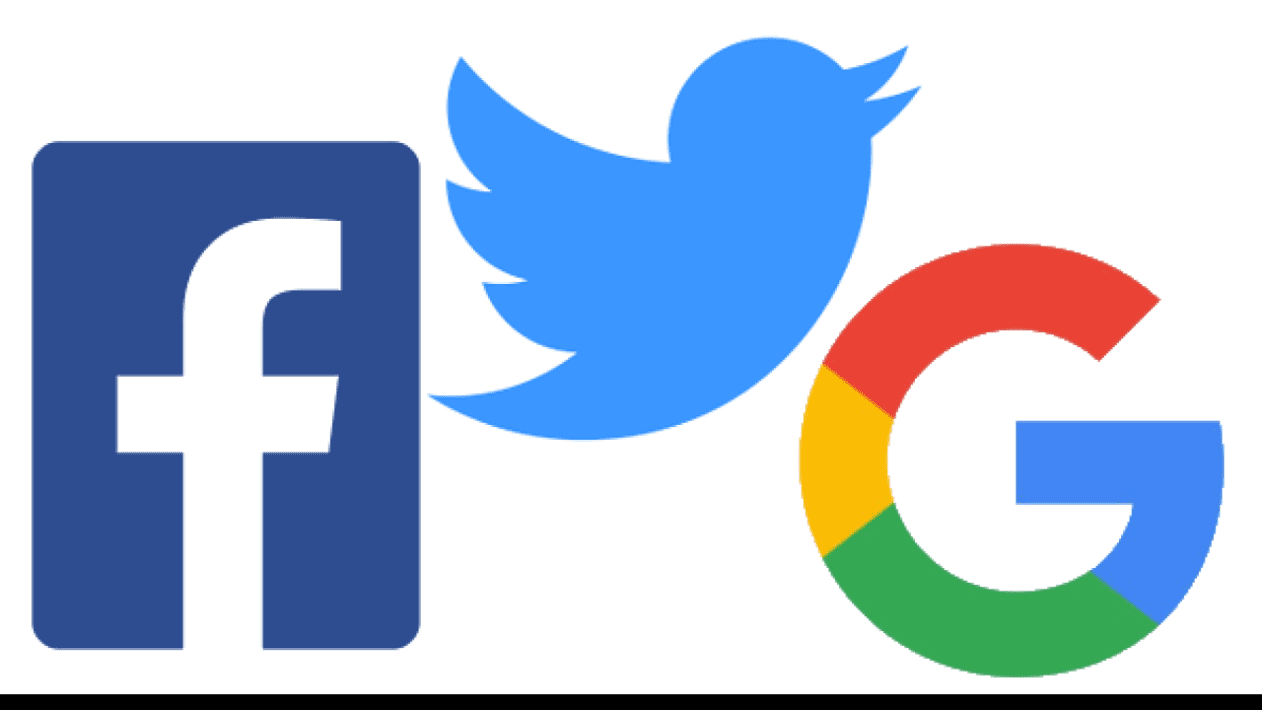Facebook, Google and Twitter take steps to control the spread of misinformation around Coronavirus

Coronavirus has taken the world by storm and countries have been scrambling to control the spread of the virus. Unfortunately, the virus isn’t the only thing that’s spreading as social media platforms have seen a surge in content surrounding the outbreak. While most of it is harmless and is just to update everyone about the outbreak, there’s still a lot of misinformation and fake news around the Coronavirus.
Seeing this, Facebook, Google and Twitter have decided to jump the gun and curb the spread of misinformation. Immediately after the WHO officially declared the coronavirus outbreak an international public health emergency, Google confirmed that the company will be showing SOS alert every time someone performs a search related to the outbreak. The SOS alert will include latest updates from WHO, safety tips, information, and resources.
Today we launched an SOS Alert w/ @WHO, to make resources about #coronavirus easily accessible. When people search for related info on @Google, they’ll find the alert atop results page w/ direct access to safety tips, info, resources & Twitter updates from WHO.
— Google Communications (@Google_Comms) January 30, 2020
Google has also donated $250,000 to the Chinese Red Cross in order to help with the efforts and has raised over $800,000 from Googlers.
To help support relief efforts, @Googleorg issued a $250,000 direct grant to the Chinese Red Cross. Additionally we launched an internal campaign inviting Googlers to donate. So far, https://t.co/ldmgae16C7 and Googlers have raised over $800K USD (3.5M rmb).
— Google Communications (@Google_Comms) January 30, 2020
Facebook, on the other hand, has taken steps to debunk conspiracy theories on its platform. The company will be using Face Check to notify users about the fake news surrounding the virus.
We will also start to remove content with false claims or conspiracy theories that have been flagged by leading global health organizations and local health authorities that could cause harm to people who believe them.
We are doing this as an extension of our existing policies to remove content that could cause physical harm.
We’re focusing on claims that are designed to discourage treatment or taking appropriate precautions. This includes claims related to false cures or prevention methods — like drinking bleach cures the coronavirus — or claims that create confusion about health resources that are available.
Facebook’s take on the misinformation surrounding Coronavirus is more aggressive than its other initiatives like the crackdown of Anti-Vaxxers on Facebook. The company has used fact check to deal with anti-vaccine conspiracy theories but those are still allowed on the platform.
Twitter also sprung into action immediately after the virus was declared an international emergency. The company has formed partnerships with organizations in 14 countries, including the U.S., Australia, and Japan, and says it will expand to more locations “as the need arises.”
We want to help you access credible information, especially when it comes to public health.
We’ve adjusted our search prompt in key countries across the globe to feature authoritative health sources when you search for terms related to novel #coronavirus. pic.twitter.com/RrDypu08YZ
— Global Government Affairs (@GlobalAffairs) January 29, 2020
We’ve launched a new dedicated search prompt to ensure that when you come to the service for information about the #coronavirus, you’re met with credible, authoritative information first.
Twitter has noted that the company didn’t see “significant coordinated attempts to spread disinformation” on the platform but there have been over 15 million tweets surrounding the outbreak in the past four weeks.
While the efforts from all the tech giants is commendable, it’s still too little as all the popular social media platforms have seen a surge in the misinformation surrounding the virus. At the end of the day, it all comes down to the individual and their ability to realise that every viral tweet or news is not necessarily true.
Read our disclosure page to find out how can you help MSPoweruser sustain the editorial team Read more




User forum
0 messages